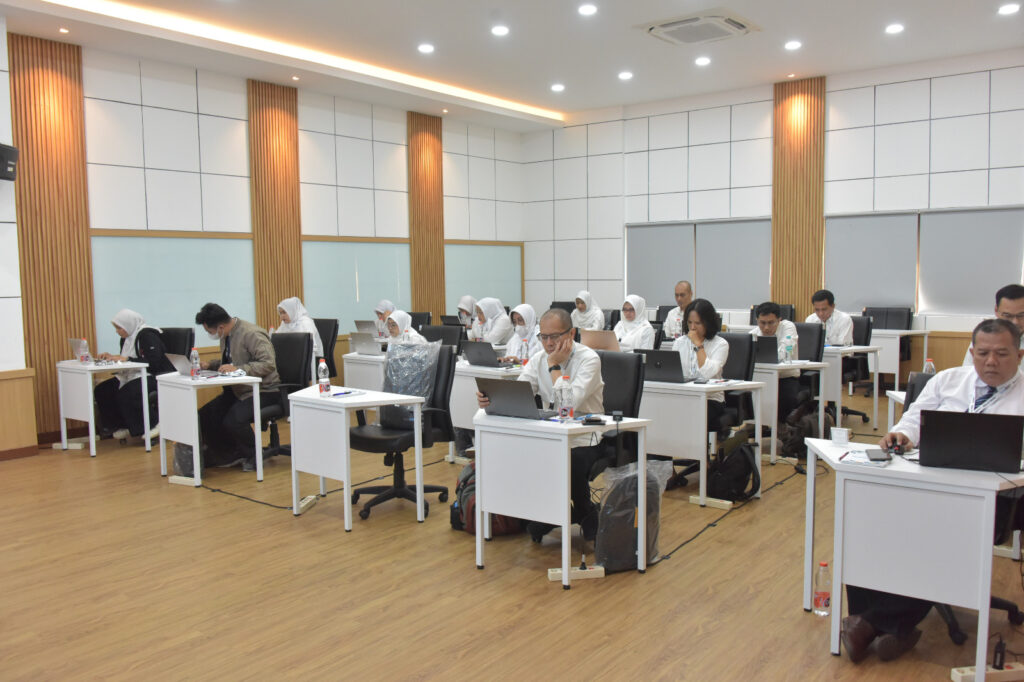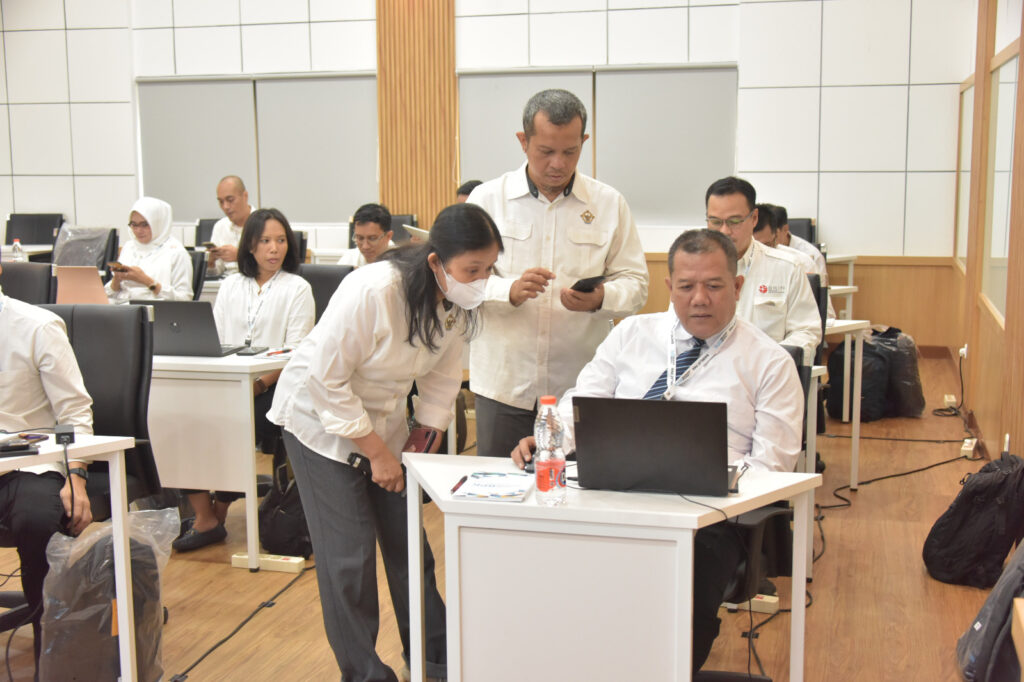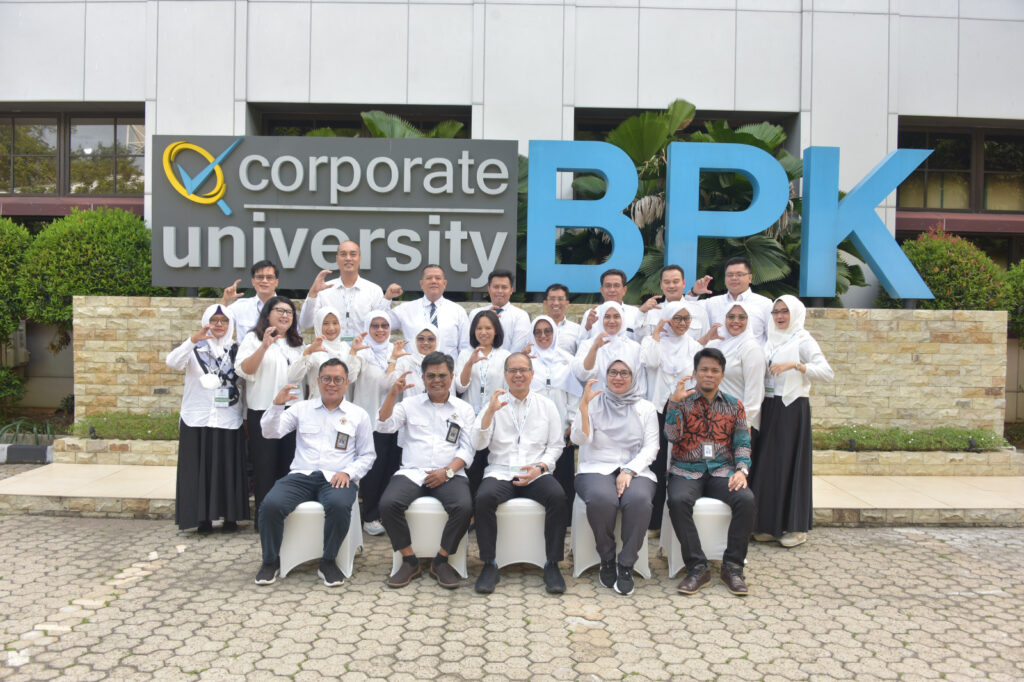Support from superiors and professional human resources in oversight (auditors) who can prevent, detect, and carry out investigative audits of irregularities is necessary to implement good corporate governance.

All parties are responsible for controlling fraud including management, APIP, External Auditors, and Law Enforcement Officers. Effective Fraud Control requires a joint commitment to understand the role of each party, whether APIP, External Auditors, or Law Enforcement Officers.
The essence of investigative audits from a legal perspective is based on the methods and techniques of auditing transactions that affect state finances to find indications of criminal elements or state losses.

Investigative audits are filled with legal aspects. Therefore, the methods and techniques for finding evidence in implementing investigative audits can be harmonized with legal aspects, especially the legal aspects of criminal acts or state losses and aspects of criminal procedure law.

Due to this importance, Badiklat PKN held a 5 (five) day Investigative Audit Training from August 12-16, 2024. 20 (twenty) Auditors from the National Research and Innovation Agency (BRIN) attended the training which was opened by the Director of Planning, Education and Training Centre of State Financial Audit, Dali Mulkana, on Monday (08/12/2024).
Graduates are expected to apply investigative audit procedures and become reliable investigative auditors who produce audit results that law enforcement officers can follow up on.
